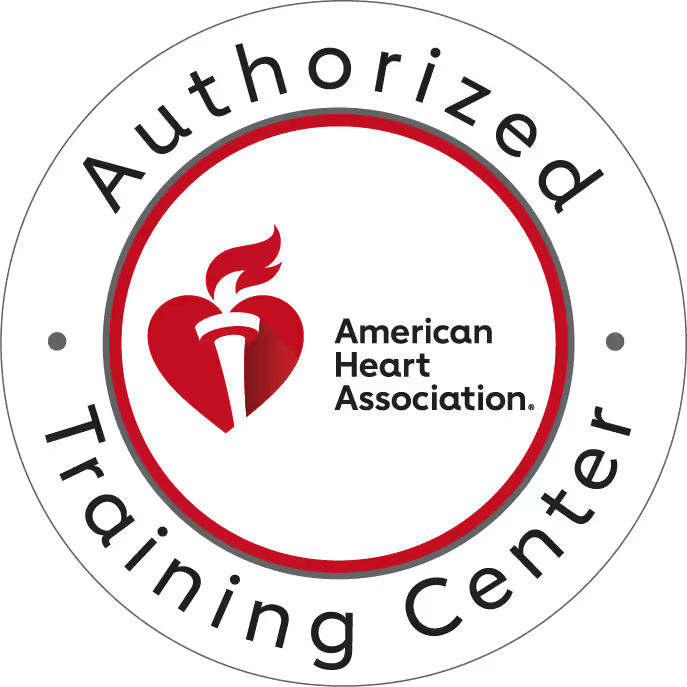
Vaccination Schedules: A Guide for Kids
Vaccination is one of the most important public health tools to prevent the spread of infectious diseases and protect both individuals and communities. For children, vaccines help build immunity against various harmful diseases early in life, while for seniors, vaccines are essential to maintain protection as the immune system becomes weaker with age. Understanding the recommended vaccination schedules for both kids and seniors is crucial for ensuring optimal health and minimizing the risk of preventable illnesses.
In this article, we will provide a comprehensive guide to vaccination schedules for both children and seniors, explaining why vaccines are essential for each age group and the key vaccines that should be received.
Vaccination Schedule for Children
The Centers for Disease Control and Prevention (CDC) recommends a series of vaccinations for children, starting at birth and continuing throughout childhood. These vaccines protect children from a range of serious and potentially life-threatening diseases such as measles, whooping cough, polio, and more. Vaccination is a key step in ensuring that children grow up healthy and free from preventable illnesses.
1. Birth to 6 Months
At birth, infants begin their vaccination journey, receiving their first doses of several vaccines that protect against common diseases.
- Hepatitis B (HepB): Given shortly after birth and again at 1-2 months and 6 months.
- Diphtheria, Tetanus, and Pertussis (DTaP): First dose at 2 months, followed by two more doses at 4 and 6 months.
- Haemophilus influenzae type b (Hib): First dose at 2 months, followed by doses at 4 and 6 months.
- Polio (IPV): First dose at 2 months, second at 4 months, and third at 6-18 months.
- Pneumococcal (PCV13): First dose at 2 months, second at 4 months, and third at 6 months.
- Rotavirus (RV): First dose at 2 months, second at 4 months, and third at 6 months.
- Influenza (Flu): Recommended annually starting at 6 months of age.

2. 6 to 18 Months
As children grow, they continue to receive boosters to maintain their immunity against various diseases.
- Hepatitis B (HepB): Third dose at 6 months.
- Diphtheria, Tetanus, and Pertussis (DTaP): Fourth dose at 15-18 months.
- Haemophilus influenzae type b (Hib): Final dose at 12-15 months.
- Polio (IPV): Final dose at 6-18 months.
- Pneumococcal (PCV13): Final dose at 12-15 months.
- Influenza (Flu): Continue annual flu vaccination.
3. 4 to 6 Years
By the time children reach school age, they receive additional booster shots to keep their immunity strong.
- Diphtheria, Tetanus, and Pertussis (DTaP): Fifth dose.
- Polio (IPV): Fourth dose.
- Measles, Mumps, and Rubella (MMR): Second dose.
- Varicella (Chickenpox): Second dose.
- Influenza (Flu): Continue annual flu vaccination.
4. Adolescence (11-18 Years)
As children enter adolescence, additional vaccines are recommended to help protect against serious diseases that can be contracted during these years.
- Human Papillomavirus (HPV): A series of two doses, typically starting at age 11 or 12.
- Meningococcal (MenACWY): First dose at age 11-12, with a booster dose at age 16.
- Tetanus, Diphtheria, and Pertussis (Tdap): A booster dose at age 11-12.
- Influenza (Flu): Continue annual flu vaccination.
Vaccination Schedule for Seniors
As people age, their immune systems become less effective, which makes them more vulnerable to infections. Vaccinations in older adults are crucial to reduce the risk of severe illness, hospitalization, and even death from diseases like the flu, pneumonia, shingles, and others. For seniors, some vaccinations need to be given as booster shots or in higher doses to ensure they remain protected.
1. Influenza (Flu)
The flu can cause severe illness in older adults, leading to complications like pneumonia or exacerbation of chronic conditions. Annual flu vaccination is recommended for all seniors to reduce the risk of flu-related hospitalizations and death. Seniors 65 and older may be recommended to receive a high-dose flu vaccine, which provides stronger protection.
2. Pneumococcal Vaccination
Pneumococcal diseases, including pneumonia and meningitis, can be serious for seniors. The CDC recommends two pneumococcal vaccines for adults aged 65 and older:
- Pneumococcal conjugate vaccine (PCV13): One dose for all adults 65 years or older who have never received it.
- Pneumococcal polysaccharide vaccine (PPSV23): One dose is also recommended for seniors aged 65 and older, either before or after receiving PCV13, depending on medical history.
3. Shingles (Herpes Zoster)
Shingles, a painful condition caused by the reactivation of the chickenpox virus, is more common and can be more severe in older adults. The CDC recommends the Shingrix vaccine for adults aged 50 and older to prevent shingles and its complications, such as post-herpetic neuralgia (long-lasting pain). It is a two-dose vaccine, and the doses are given 2 to 6 months apart.
4. Tetanus, Diphtheria, and Pertussis (Tdap)
Older adults who have not received the Tdap vaccine should get a single dose of Tdap to protect against pertussis (whooping cough), which can be particularly dangerous for seniors and their families. After the initial dose, seniors should get a tetanus and diphtheria (Td) booster shot every 10 years.
5. Hepatitis B
Adults aged 65 and older who are at risk of hepatitis B should consider getting vaccinated. Seniors who have certain medical conditions (such as diabetes or kidney disease) or engage in activities that increase the risk of hepatitis B transmission (e.g., dialysis, unsafe sex, or drug use) should discuss this vaccine with their healthcare provider.
6. COVID-19 Vaccine
As the COVID-19 pandemic continues, seniors are at higher risk of severe illness from the virus. The CDC recommends that all adults, including seniors, stay up-to-date with COVID-19 vaccinations. This includes receiving the primary series and any recommended booster doses to enhance protection.
General Vaccination Tips for Kids and Seniors
- Consult with healthcare providers: Regular check-ups with a doctor ensure that the vaccination schedule is followed, and any updates or new recommendations are addressed.
- Track vaccines: Keep a record of all vaccinations received and make sure that children and seniors stay on schedule with their doses.
- Consider health conditions: Some underlying health conditions may require additional vaccinations or adjusted vaccine schedules. Always consult with a healthcare provider about specific needs.
- Stay informed: Vaccination recommendations may change over time, so staying informed about the latest guidelines from trusted health organizations is important.
Conclusion
Vaccination is essential for maintaining health and preventing serious diseases in both children and seniors. By following the recommended vaccination schedules, children can build immunity against dangerous infections early in life, while seniors can reduce their risk of complications from age-related health conditions. It’s important to consult healthcare providers regularly to ensure that individuals are up-to-date with their vaccines and stay protected throughout their lives. Vaccination is a simple, safe, and effective way to help people of all ages lead healthier, longer lives.
Related Articles















